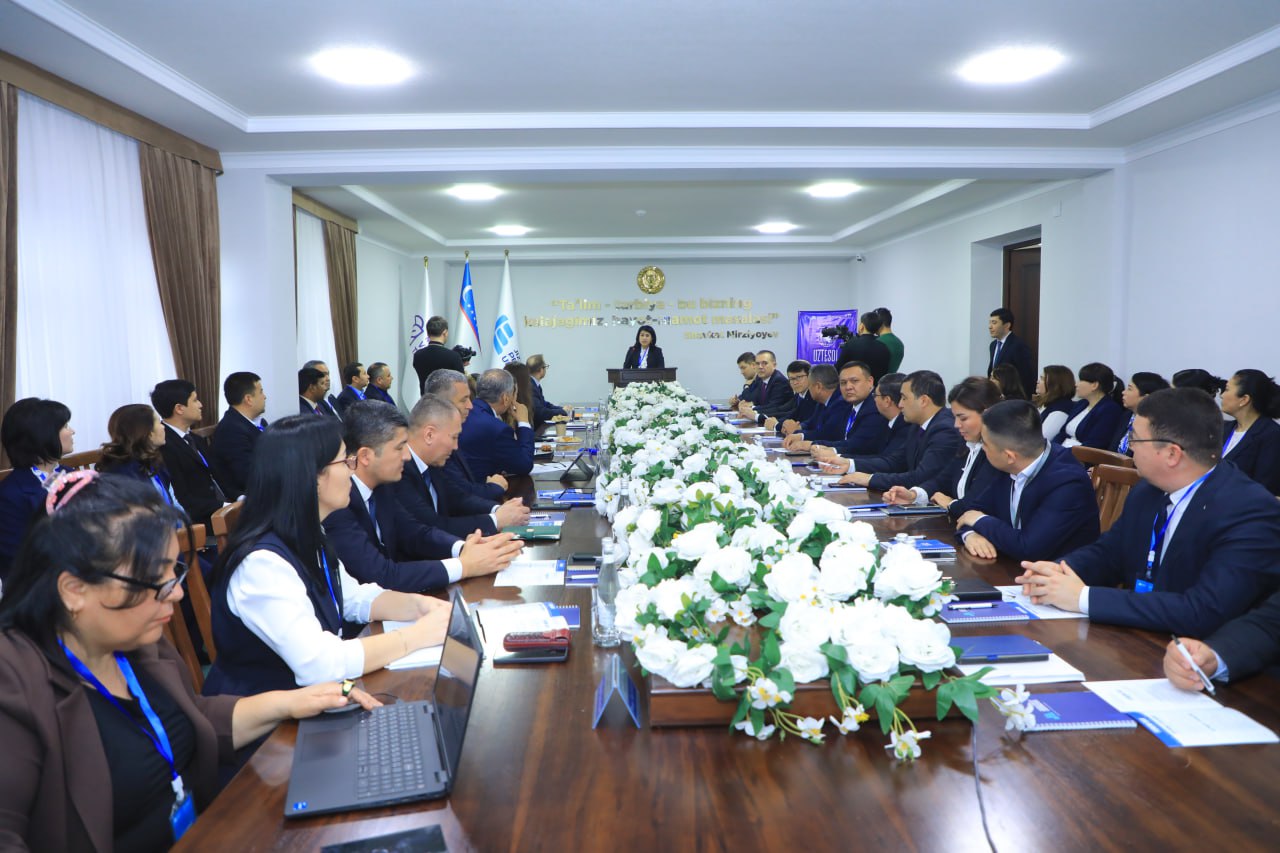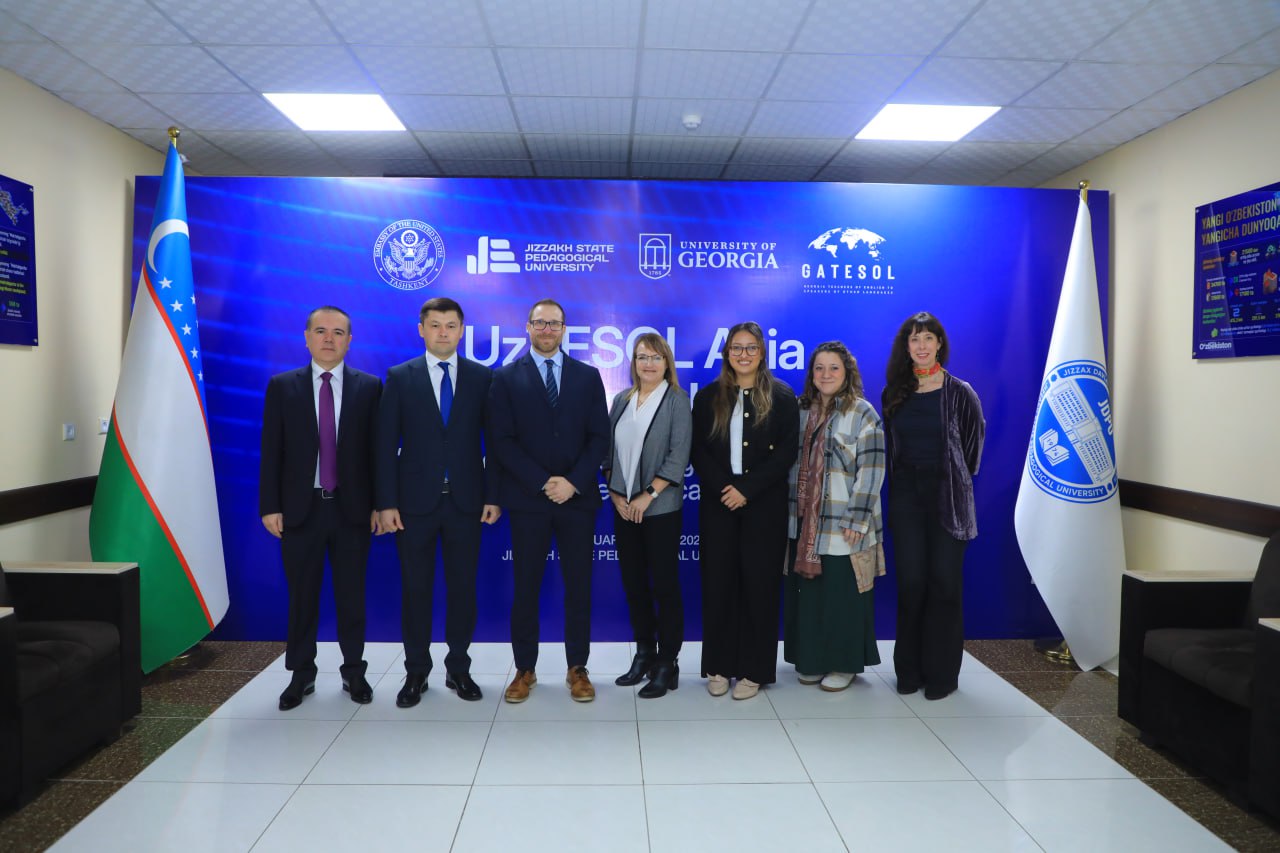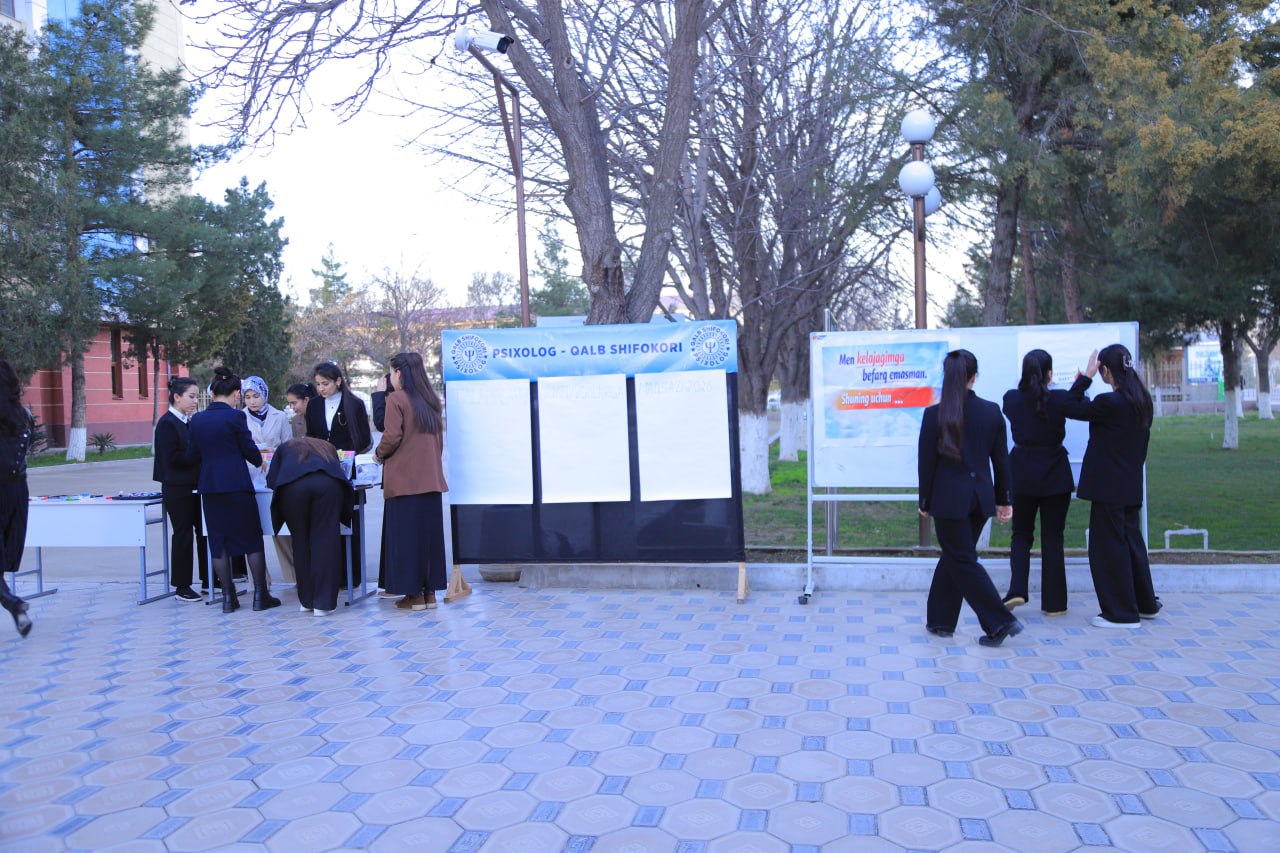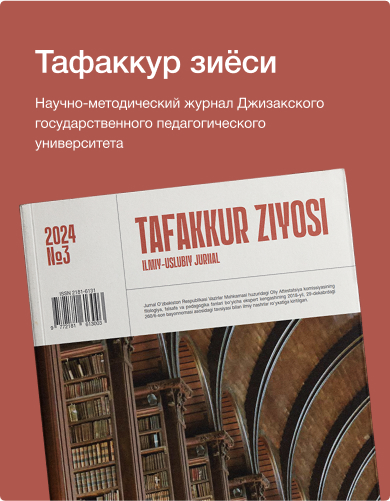Kasimova F.S.
Acting Associate Professor of the Department of the Russian Language and methods of his teaching JGPI them. A. Kadiri
Karimova G.Kh.
teacher of the department of Russian language and his teaching methods https://doi.org/10.5281/zenodo.6957670
Abstract: The article examines the differences in the grammatical categories of nouns in the Russian and Uzbek languages, examines the derivational process of nouns in the studied languages.
Keywords: nouns, cases, word formation, functions, belonging.
INTRODUCTION
Both in Russian and in Uzbek, nouns are words denoting objects or phenomena, that is, everything that can be asked about: кто это? (bu kim?), что это? (bu nima?).
In both Russian and Uzbek languages, nouns denote:
- Living beings (ребёнок, соловей – bola, bulbul)
- Objects, phenomena and events of real reality (хлопок, ветер, собрание – paxta, shamol, majlis)
- Various objectified actions, states, qualities, properties and signs (поход, сон, страх, молодость – yurish, uyqu, qo`rqinch, yoshlik)
In Russian, the category of nouns includes significant words expressing objectivity, i.e. words denoting living and inanimate objects, as well as any phenomena of reality (молния, любовь и т.д.)
In the Uzbek language, nouns do not have such a morphological design as in Russian. The meaning of objectivity is expressed primarily by the semantics of the word itself and is to a certain extent connected with the grammatical categories of
number, case and belonging. By these signs, nouns differ from other parts of speech. Thus, although in both languages nouns, as part of speech, express subjectivity, they differ in that in the Russian language nouns, except for the categories of number and case, are organically related to the grammatical category of gender, and in the Uzbek language, subjectivity, except for the categories of number and case, is organically related to the category of belonging [1,56].
MATERIALS
The category of belonging is a kind of specific grammatical phenomenon inherent in the Turkic languages, which expresses the relationship of belonging between the person, the owner and the object of possession. In the Uzbek language, as in all Turkic languages, the subject usually cannot be considered as neutral, if not only the belonging of one subject to another, but “… a whole series of logical relationships based on the organic connection of one subject with another.” Such logical connections between objects can manifest themselves in relation to place, time, reason, etc. (Тоғ этаги – подножие горы, ёз куни – летний день, букв,
«день лета»).
In the Uzbek language, the situation, the situation does not matter so much, because the corresponding affixes of belonging very clearly show the attitude to this or that person: “Otam zavodda, onam fabrikada ishlaydi, singlim ham maktabda o`qiydi: there is no doubt that мой отец …, моя мать…, моя сестра.., because the face of the owner is expressed the affix of the 1st person singular. (-im). The meaning of belonging in the Uzbek language can be expressed in two ways simultaneously: the possessive (genitive) case of personal pronouns and the corresponding possessive suffixes that are attached to the object of possession:
Менинг иш-им – моя работа Сенинг иш-инг – твоя работа Унинг иш-и – его работа
Бизнинг иш-имиз – наша работа
Сизнинг иш-ингиз – ваша работа Уларнинг иш-и – их работа
It should be noted that the suffixes of the 1st and 2nd person singular and plural retain the meaning of belonging to a person:
1st person мамлакат + им – моя страна мамлакат + имиз – наша страна
2nd person мамлакат + инг – твоя страна мамлакат + ингиз – ваша страна
But when the determinative relation is expressed not by the possessive case of the 3rd person, but by a non-personal noun, the affix of belonging to the 3rd person loses its personal meaning and, as it were, becomes out of personal: Shahar + i – городские улицы [1,36].
The gender of nouns is determined mainly by:
- Morphologically – according to the endings in the nominative singular case form and the system of inflections of case forms
- Syntactically – in combination with the defining word, i.e. in combination with adjectives, participles, ordinal numerals, pronouns-definitions and the verb of the past tense [2, 58].
Russian nouns (with the exception of those that are used only in many parts) belong to one of the three grammatical genera that exist in modern Russian: feminine, masculine and neuter.
Morphological features of each grammatical genus are reduced to the following:
- The feminine gender includes nouns that have the endings -a, -я (школа, земля) in the nominative singular case, and nouns in which morphological signs of the feminine are manifested only with declension (in singular form), because in the original form (in the nominative singular case) there is no generic sign (метель, метели, метелью и т.д.)
- The masculine gender includes nouns with a final solid consonants at the base and a zero ending in the nominative singular case (труд, трактор), nouns having a sound at the end of the base and a zero ending in the nominative singular case (сарай, герой), and nouns in which morphological signs of the masculine gender manifest themselves only when they are declined in the nominative singular case, because in the original form there is no pronounced generic sign (апрель, апрелем, апрелю и т.д.)
- The neuter gender includes nouns that have the endings -o or -e (-ё) in the nominative singular case: дело, поле, ружьё [2,63].
In the Uzbek language, the gender of nouns as a grammatical category is generally absent. Nouns as words with lexico-semantic meaning usually express the corresponding general concept of the name of the subject. The names of male and female persons, as well as some animals, are only lexical and semantic in nature, they have no grammatical meaning. This does not affect either the declension or the forms of the case suffixes of these nouns. For example, оtа-оnа (отец-мать); xo`kiz-sigir (бык-корова), etc. The gender of nouns does not change from the belonging of an object to a particular person [4,15].
METHODS
Nouns in both Russian and Uzbek languages are characterized by categories of numbers, which differ significantly from each other in form and content. So in the Russian language, some nouns do not have a relative form for expressing plural. They include: words with a real meaning that can be changed, but not counted: железо, молоко, соль, вино etc. Words with a collective meaning: бельё, студенчество, детвора, etc.
There are such nouns that are used only in the plural, the unit number is not morphologically expressed, such nouns include:
- words denoting objects that consist of two or more parts, so-called paired or composite objects: брюки, весы, вилы.
- words having a collective meaning, or denoting an accumulation of objects or a set of actions, processes of states: бега, чернила, роды,
- words that define certain periods of time (holidays, days), as well as some rituals and games: name именины, городки.
- words denoting the names of some cities and localities: Афины, Альпы, Лужники, Most nouns in the Russian language have the form of singular and plural: стол-столы, книга-книги [2.23].
In plural form, nouns lose their generic identity. The category of the noun number in the Uzbek language differs significantly from the category of the number of the Russian language. In the Uzbek language, the category of the number of nouns is based on the contraposition of singular and plural: kitob-kitoblar (книга – книги), etc.
From any noun in the Uzbek language, you can form plural form by means of the suffix -lar.: suv-suvlar (вода-воды).
In the Uzbek language, there are nouns that are usually used only in the singular. This is an abstract noun, formed mainly from adjectives and nouns with the help of suffixes -lik-, -chilik-. For example, go`zal (красивый) – go`zallik (красота), this also includes essences denoting substances that can be measured, but not counted: asal (мёд), oltin (золото), etc. If it is necessary to make the appropriate coloring (любви, уважения), the plural suffix -lar is attached to the nouns denoting a person: Rais akamlar keldilarmi? (Приехал ли председатель?). A common noun, being a representative of a set of this kind, develops a generalized idea of the subject, therefore, it is both plural and singular can express the concept of both plural and singular, for example: Bozorda olma, nok, shaftoli, qovun bor. Singular form of these items expresses the totality of items and their presence in the bazaar in large quantities, i.e. На базаре есть яблоки, груши, персики, дыни. When translating verbatim, the norm of the Russian language is violated: Bozorda olma, nok, shaftoli, qovun bor.
One of the distinguishing features of the category of the number of nouns in the Russian language is the presence of nouns denoting the name of persons and used in a single number, but expressing a generalized, collective idea of the subject: студенчество, молодёжь, детвора. In the Uzbek language, there are no grammatical means expressing a generalized, collective idea of the subject, and therefore, when such concepts are transferred to the Uzbek language by the corresponding nouns in the singular, generality, collectivity is lost. The meaning of generality, collectivity in the Uzbek language is conveyed by the plural suffix -lar: учительство – o`qituvchilar, молодёжь – yoshlar [1,45]
Nouns that are used only in the plural in the Russian language are transmitted in the Uzbek language by nouns in the singular, for example: весы – tarozi, часы – soat. The plural of such nouns in the Uzbek language most often indicates a lot of objects or their various varieties, for example: pullar – много денег.
The endings of many nouns cannot be separated from the base, i.e. it is impossible to consider in isolation –ы, -и, -а, -я, -е as suffixes named after P. mn.h., whereas in the Uzbek language the grammatical indicator mn is easily distinguished. Noun numbers : kitob+lar, daraxt+lar.
In the Russian language, each case of many nouns has its own form and contains both the meaning of the case and the meaning of the number. The only exception is the form of the accusative case, which coincides with the form of the genitive, then with the form of the nominative case. The Uzbek language does not have these features. The plural of nouns is formed with the help of -lar, which is attached to the word in the singular and is preserved in all case forms of many numbers: mamlakat – страна, mamlakatlar – страны, mamlakatlarda – в странах, etc.
Nouns denoting the names of baby animals on -онок (-ёнок), in the name of the case of plural have the suffix -ат (-ят) and the ending -a. In the Uzbek language there are no special suffixes denoting the names of cubs, so they are transmitted by a
combination of the name of the animal and the word bola, for example: зайчонок – зайчата (quyon bolasi – quyon bolalari).
Some nouns in Russian that have the form of singular, and the form of plural are used in many including ботинки (ботинок), злак (злаки). In the Uzbek language, they are mainly used in singular (ботинки – botinka, лыжи – chang`i)
RESULTS AND DISCUSSION
Thus, the category of the number of nouns in the Russian language, in contrast to the category of numbers in the Uzbek language, is a very complex semantic and grammatical phenomenon.
In conclusion, we can say that in Russian and Uzbek, as in all languages, the structure of nouns is the same. They differ mainly in the origin of languages in terms of its lexico-grammatical type of meaning, taking into account the language family.
References:
- Azizov Safaev A. Jamolxonov. O`zbek va rus tillarining qiyosiy grammatikasi. T., 2006.- p.165
- Kissen A. Course of comparative grammar of Russian and Uzbek languages. T., 2000.- p.182.
- Solovyova N. Which word to choose? Russian lexical and grammatical norms of the literary language. – M.: Onyx, 2008.- p.198.
- Shukurova A., Babaeva Z.G. The specifics of the study of Turkisms at the modern historical stage of the development of the Russian and Uzbek languages
//National progress: Language and Education. – Vol.: 2008.-pp. 14-17.





